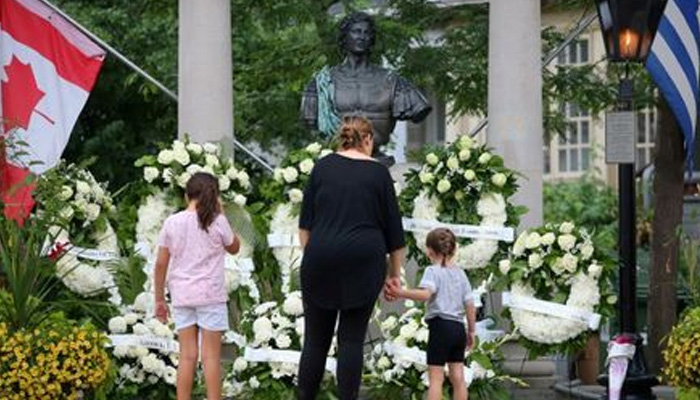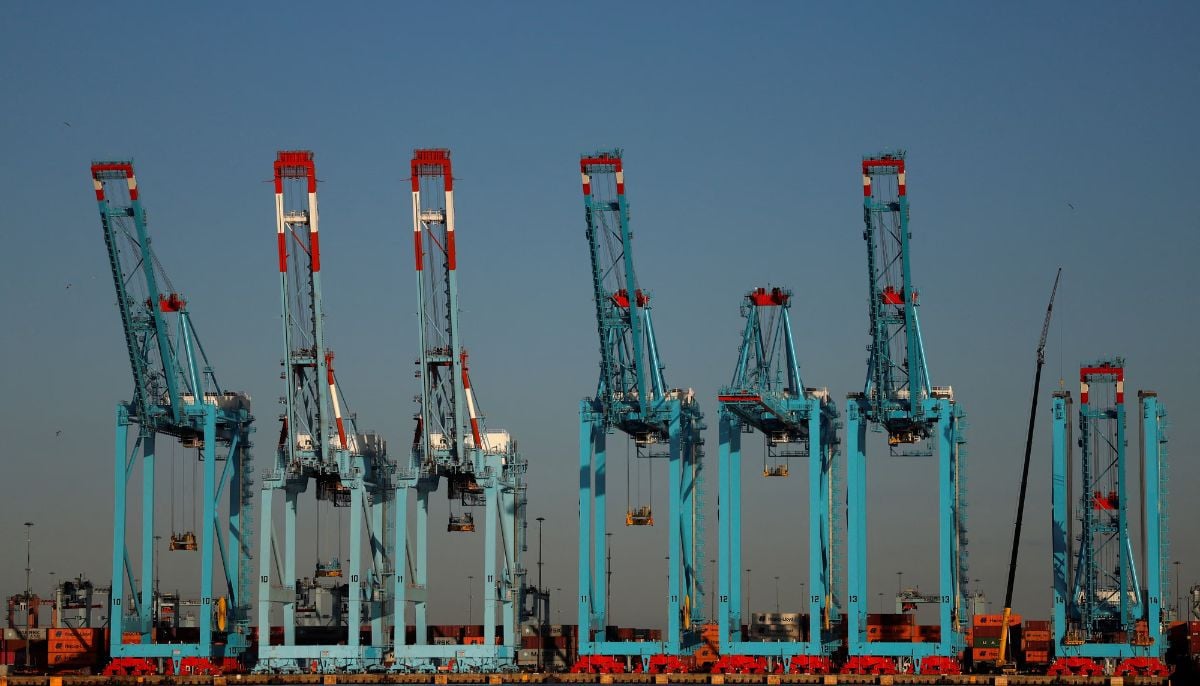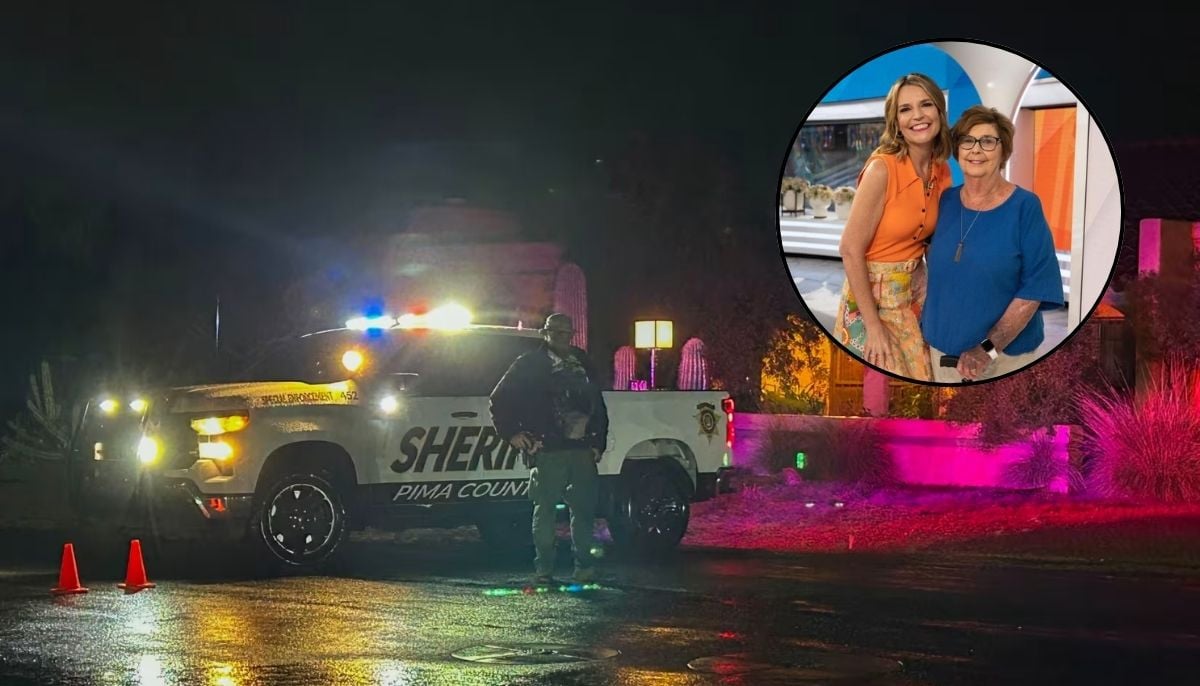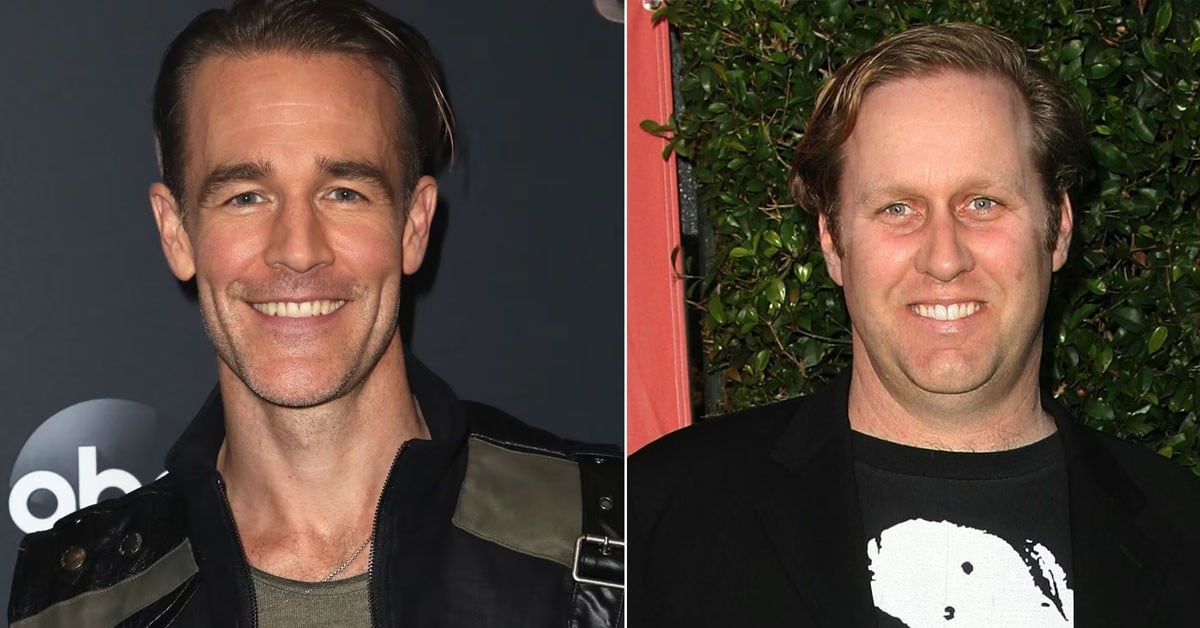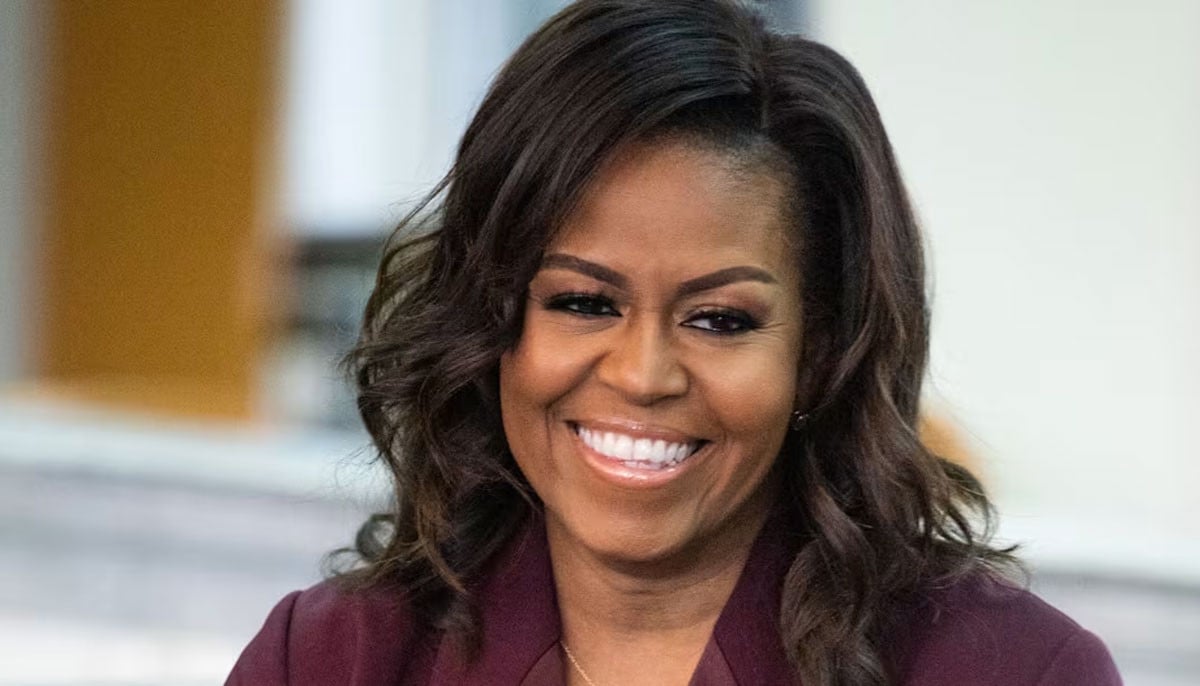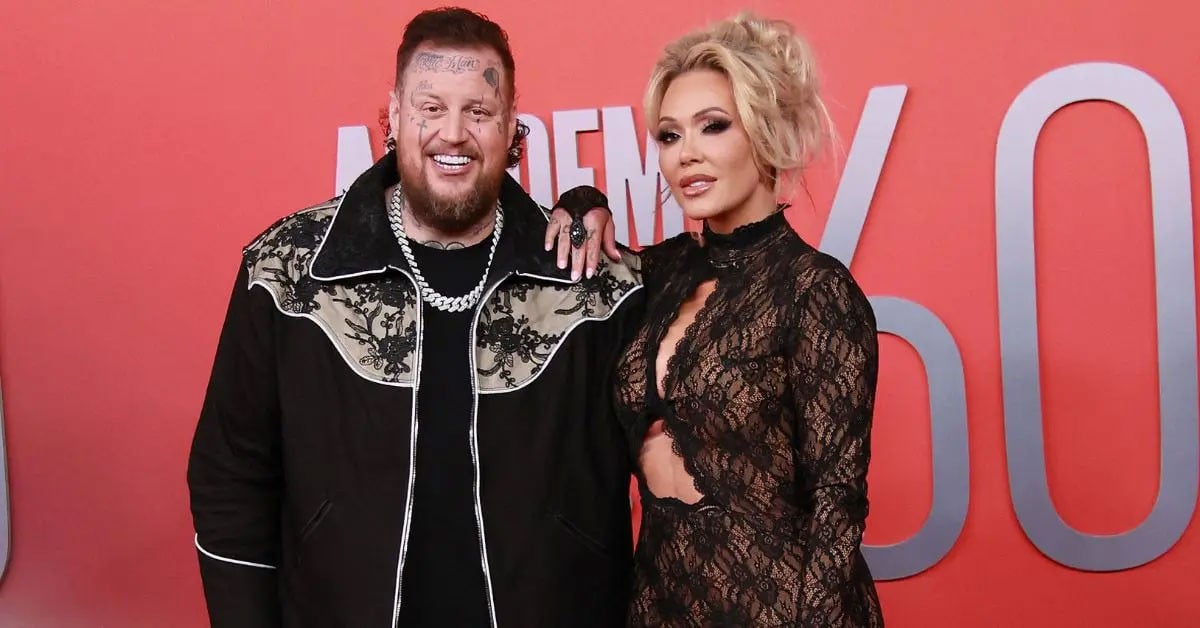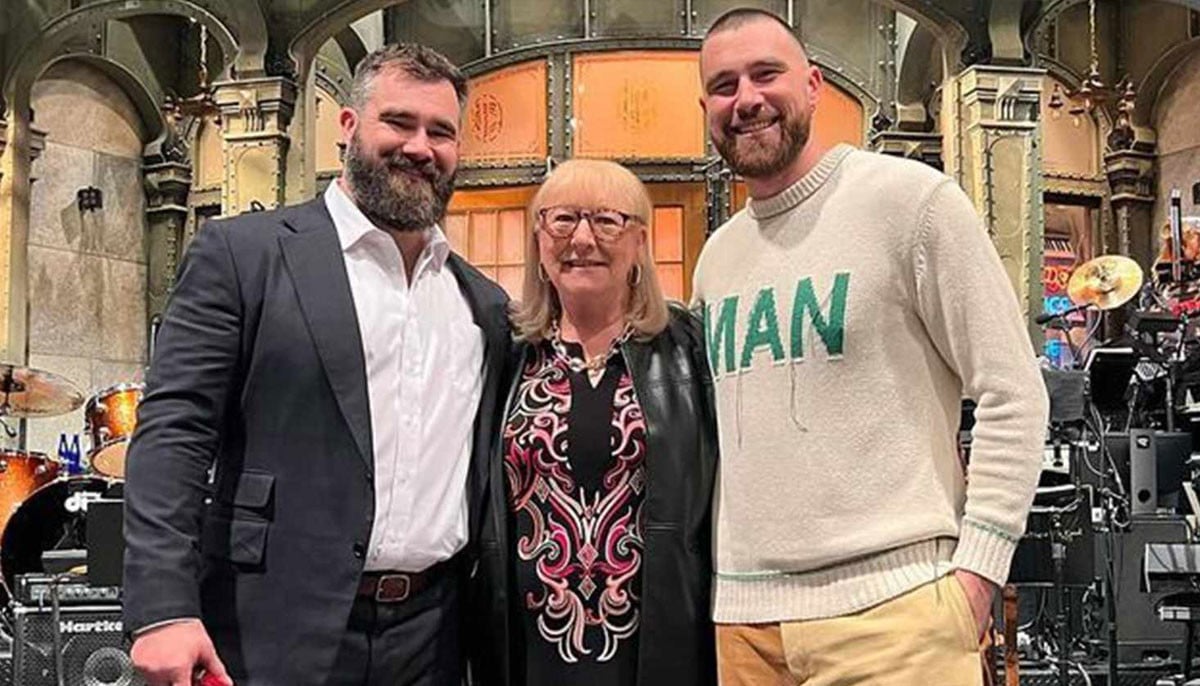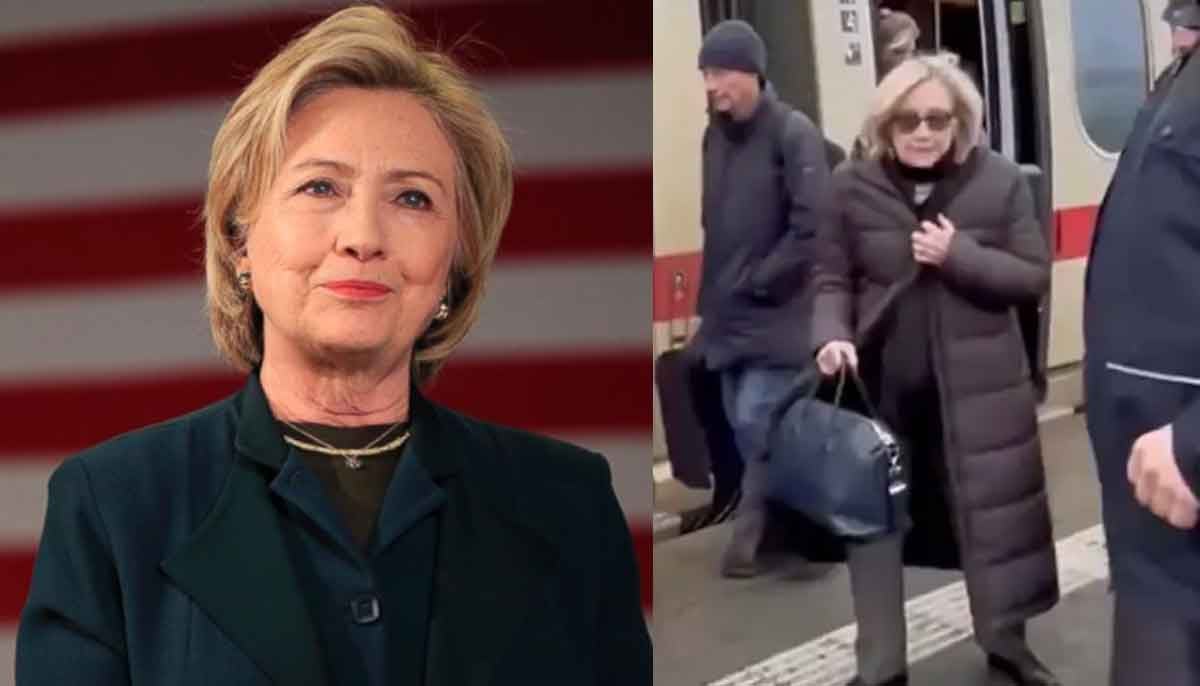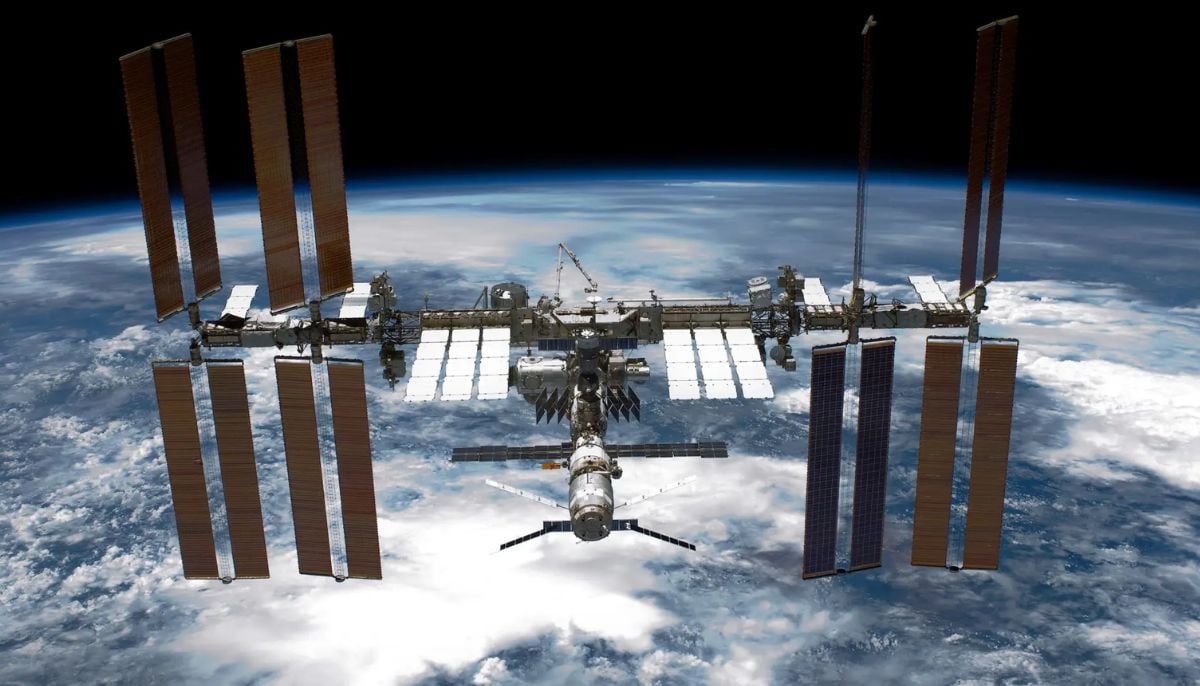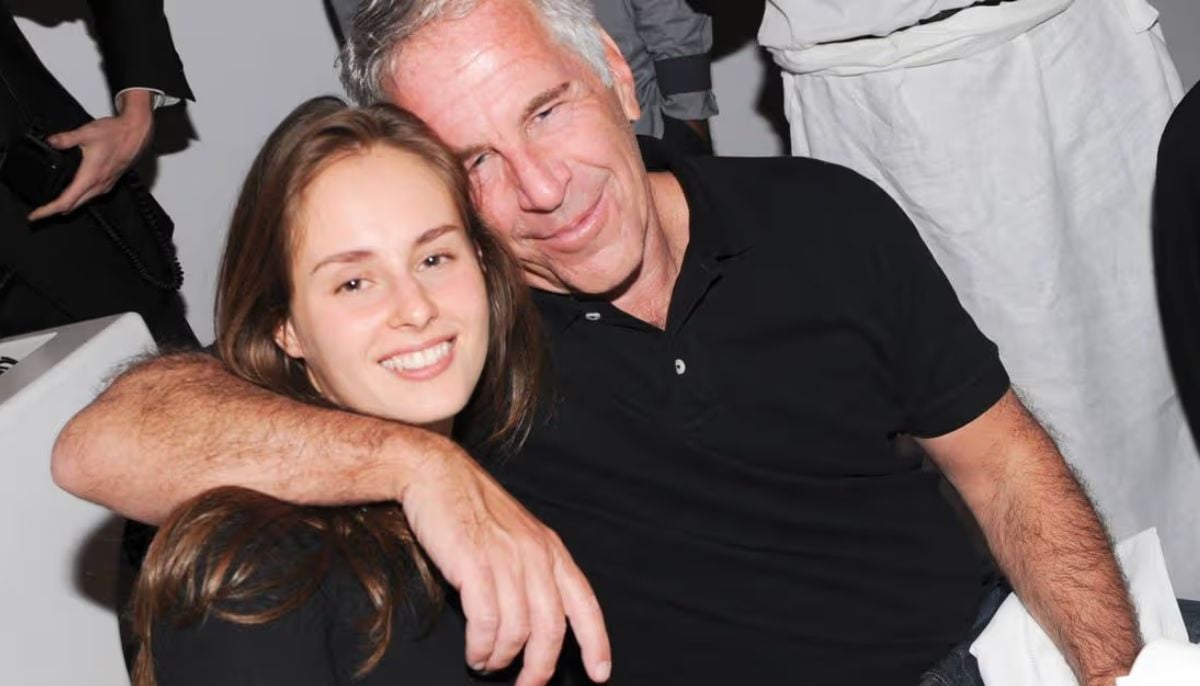As Canada faces rising gun violence, tighter laws are a tough sell
Rising violence in Canada has prompted calls for the federal government to tighten gun laws but tougher regulations could cause a political backlash in a country where 2 million people are licensed to own a firearm.
TORONTO: Rising violence in Canada has prompted calls for the federal government to tighten gun laws but tougher regulations could cause a political backlash in a country where 2 million people are licensed to own a firearm.
In 2016, 223 people were murdered with a gun, a 23 percent increase from 2015 and the highest rate since 2005, according to Statistics Canada. One of the deadliest shooting sprees so far this year took place on Friday when four people were shot to death in the Eastern Canadian city of Fredericton.
Weeks earlier, a gunman opened fire on a bustling Danforth Avenue in Toronto, killing two and injuring 13 before turning the gun on himself. In Fredericton, a commonly available "long gun" such as a rifle or shotgun was used, police said Monday, adding that the suspect had a permit to use it. In Toronto the gunman used a handgun. It is not clear how the suspects obtained the guns.
Canada´s firearm homicide rate of 0.61 per 100,000 people is about 10 times greater than the rate in the United Kingdom. In the United States, by contrast, four in every 100,000 residents are killed with a gun, or almost 13,000 annually. Canada´s federal government introduced gun laws earlier this year that would require retailer record-keeping and beef up background checks. The government is open to considering tougher ones after Toronto called for a ban on handguns in the wake of the Danforth shooting, said Bill Blair, the minister charged with tackling gun violence.
"We´re prepared to look at any measure that will reduce gun violence," he said in an interview, adding that "it´s a vast country and the way in which guns are viewed in Toronto is different than they might be viewed in different municipalities or communities."
The bill has passed second reading and is likely to pass in the House of Commons, where Liberals hold a majority, but may face headwinds in the Senate. But any move by the Liberal government to more heavily regulate ownership could prompt a backlash by the opposition Conservatives, who tend to do well in rural areas where hunting is popular and many farmers have guns.
Canada requires residents to obtain a license and pass a safety course to buy a gun. According to the Firearms Commissioner, more than 2 million people have such licenses in a country of 36 million. There is a national registry of handguns and other restricted and prohibited guns. The government ended a similar registry for long guns such as rifles in 2012 due to its unpopularity with gun owners and conservative voters. Under proposed legislation, retailers would keep records of everyone who buys a long gun.
The National Firearms Association, a lobby group similar to the U. S. National Rifle Association but with less clout, said it would campaign against the Liberals´ proposed legislation, which the Conservatives said "treat law-abiding firearms owners as criminals" because of the background checks and requirements for record-keeping. National Firearms Association Executive Vice President Blair Hagen said his group, which has 150,000 members, has been in touch with the opposition Conservative party and hopes to make gun control an election issue. "It´s one of those flashpoint issues," he said Monday.
"As soon as you touch that third rail, you´re setting yourself up for a very, very serious political fallout. "The Liberals criticized the former Conservative government’s 2012 move to scrap a registry of shotguns and rifles but the issue became so politically toxic that the party has promised not to bring it back. "That is not part of our plan and has never been," Prime Minister Justin Trudeau told reporters in Prince Edward Island Monday. The registry´s elimination left a crucial gap when it comes to tracking guns, says Wayne Rideout, a former Royal Canadian Mounted Police (RCMP) officer now working with the British Columbia government to tackle gun crime.
Now, someone with a license buying a rifle "can buy 10 guns, 20 guns, 100 guns and they don't know who you are, they don't keep a record," he said in an interview. "There´s a number of broken pieces in the chain that need to be fixed.
-
Michelle Obama gets candid about spontaneous decision at piercings tattoo
-
Bunnie Xo shares raw confession after year-long IVF struggle
-
Disney’s $336m 'Snow White' remake ends with $170m box office loss: report
-
Travis Kelce's mom Donna Kelce breaks silence on his retirement plans
-
Hailey Bieber reveals KEY to balancing motherhood with career
-
Hillary Clinton's Munich train video sparks conspiracy theories
-
Woman jailed over false 'crime in space' claim against NASA astronaut
-
Columbia university sacks staff over Epstein partner's ‘backdoor’ admission
